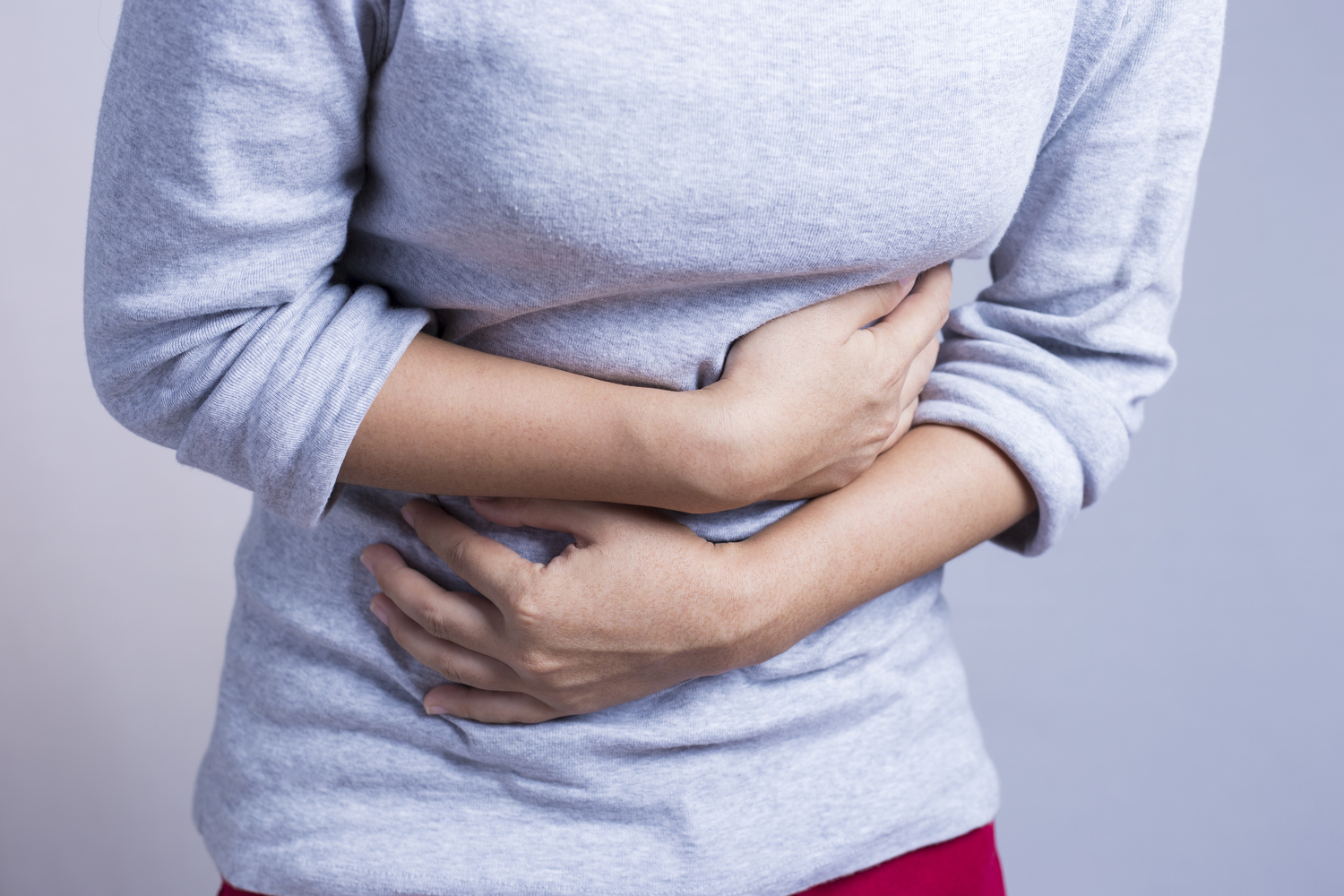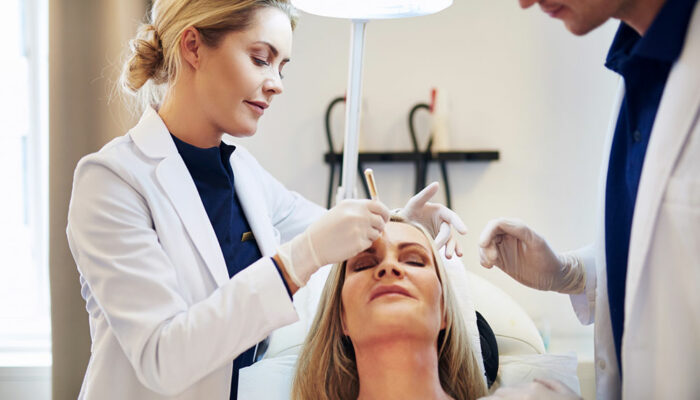
Effective Ways to Prevent Hemorrhoids
Quite simply, a hemorrhoid is an enlarged blood vessel either internally or externally around the anus and rectum. Some risk factors include: Excess weight, pregnancy, anal intercourse, regular heavy lifting, straining while passing stool, and more. While many people do not talk about them, medical professionals will agree that most people have had them at one time or another.
Symptoms of hemorrhoids vary depending on the type (internal or external) and severity; often, they are accompanied by itching, pain or discomfort, swelling, or painless bleeding. Here are a few ways you can help prevent hemorrhoids:
1. Go when you feel the urge
The longer you wait, the more chance you have to develop a hemorrhoid, due to an increase in pressure in the lower rectum and around the anus. This is especially true for individuals who are pregnant, overweight, or have chronic constipation.
2. Consume a fiber rich diet
As you have probably heard before, fiber helps pass waste through the colon and helps avoid hemorrhoids by making it easier and more frequent to go. If you have a diet that is low in fiber, gradually increase it to avoid gas pains. Add fruits, veggies, and other foods high in fiber to help soften and bulk up your stool so you avoid straining.
3. Get some exercise daily
Long periods of sitting or standing increase pressure in your veins. To avoid this, try adding simple exercises to your daily routine. Going for a walk, or alternating frequently between sitting and standing at your desk (if you have the ability). Exercise will also help you keep your weight under control, as excess weight also increases the risks of developing hemorrhoids.
4. Know when to see a doctor
If you have bleeding that is excessive or lasts longer than a week, seek medical attention as this could be a sign of other health issues. If you have bowel movements that change in color or consistency, do not assume that rectal bleeding is from a hemorrhoid, as it could be from other underlying health issues such as certain types of cancer or anemia. Seek immediate care if you have any lightheadedness, dizziness, or faintness along with large amounts of rectal bleeding.
5. Resist the urge to strain when passing a bowel movement
Straining causes extra pressure on the lower rectum and increases the chances of developing hemorrhoids. Instead, avoid straining by more frequent trips to the bathroom, changing positions often if sitting or standing for long periods, raising your knees (by adding a stepping stool) while passing stool, adding fiber-rich foods to your diet and adding coffee to your diet to increase the frequency of bowel movements.
If you do develop hemorrhoids, don’t despair, there are many ways to treat hemorrhoids and the discomfort associated with them. Hemorrhoid relief creams are a good way to ease discomfort, such as Preparation H and Emuaid, greatly relieve pain and itching, while aiding in and speeding up the healing process. Pads such as Tucks also help reduce discomfort, but are not as quick to aid in healing as a hemorrhoid relief cream cure.



